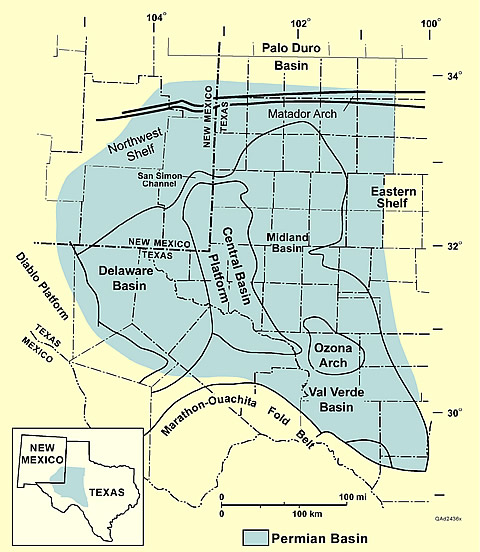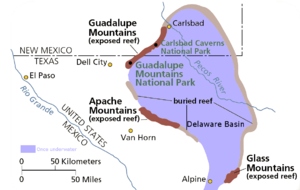In 1994 Roland Oil Co. acquired the North Charlotte Field Unit Lease in Atascosa County, Texas. The Lease contained 31 wells, with the oldest wells drilled sometime in the 1950s. The Lease contained both active and inactive wells. Rule 14 of the Texas Railroad Commission requires that “dry or inactive wells” be plugged within one year of the termination of drilling operations. Delinquent inactive wells are required to be plugged “immediately unless the well is restored to active operation.” Rule 14 also requires structural testing of inactive wells that are more than twenty five years old prior to plugging and abandonment operations. If an operator fails to meet these requirements, the Railroad Commission can prohibit an operator from producing from any wells under the lease.
In 2005, Roland requested an extension of time to complete the required testing on some of the inactive wells on the Lease. The Railroad Commission determined that Roland had been delinquent on the required testing since 1994, denied the request, and also issued an order barring Roland from producing from any well on the Lease. Roland halted production from May 2005 to August 2006 to conduct repairs and to complete the testing required by the Railroad Commission. The Railroad Commission lifted the order barring production in August 2006.
Meanwhile, in June 2006, a mineral owner under the Lease notified the Railroad Commission that the lease had terminated for lack of production. In response, Roland claimed the Lease had not terminated for two reasons: First, the Lease contained a provision stating that the term of the Lease is “for the time that oil and gas are produced in paying quantities and as long thereafter as Unit Operations are conducted without a cessation of more than ninety consecutive days.” Roland argued that repairs and testing activities during the period of non-production met the definition of Unit Operations under the Lease. Secondly, Roland argued that the Railroad Commission order preventing production constituted “force majeure” which kept the Unit Lease alive despite lack of production.





